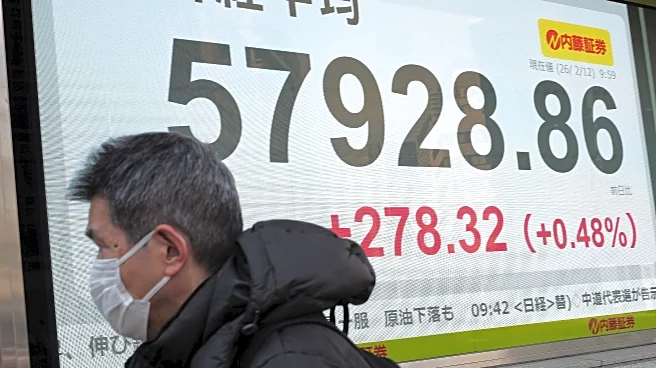What's Happening?
Pomerantz LLP has launched an investigation into Trinseo PLC, focusing on potential securities fraud and unlawful business practices by the company and its officers. This follows Trinseo's announcement
to indefinitely suspend its quarterly dividend and permanently close production operations in Italy. The closures are part of Trinseo's strategy to optimize operations and enhance cash flow. The news led to a significant drop in Trinseo's stock price, falling 12.21% to $2.05 per share. Pomerantz LLP, known for its expertise in securities class actions, is encouraging affected investors to join the class action.
Why It's Important?
The investigation into Trinseo highlights the legal and financial risks companies face when making significant operational changes. The suspension of dividends and closure of production facilities may impact investor confidence and the company's market value. Legal scrutiny from firms like Pomerantz LLP can lead to class action lawsuits, potentially resulting in financial penalties and reputational damage. Investors and stakeholders must consider the implications of corporate governance and transparency in maintaining trust and stability.
What's Next?
Affected investors may choose to join the class action, seeking compensation for potential losses. Trinseo will need to address the allegations and demonstrate compliance with securities laws to mitigate legal risks. The outcome of the investigation could influence Trinseo's future business strategies and investor relations. Regulatory bodies may also monitor the situation, ensuring adherence to financial and corporate governance standards.
Beyond the Headlines
The case against Trinseo raises broader questions about corporate accountability and the ethical responsibilities of business leaders. The impact of operational decisions on local economies, particularly in regions affected by plant closures, may become a focal point for community and environmental advocates. Long-term shifts in industry practices and investor expectations regarding transparency and ethical conduct could emerge from this situation.












